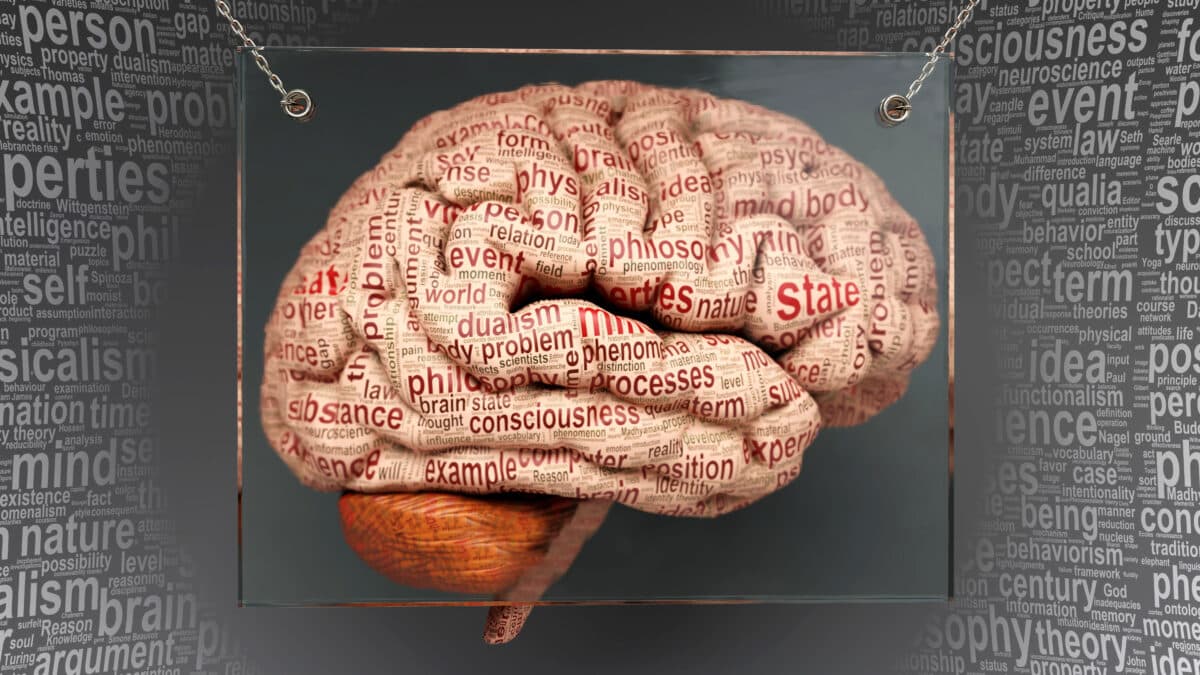Neuroscience & Mind
I, Robot — You "Pet Labrador"? More Wisdom from Elon Musk

"Are We Really Conscious?": A Reply to Dr. Graziano’s Brain
Fallacies of Contemporary Neuroscience: "A Vast Collection of Answers, with No Memory of the Questions"
Scientism and Bertrand Russell’s Neutral Monism
Near-Death Experiences: Putting a Darwinist’s Evidentiary Standards to the Test

Another Reason to Doubt the Relevance of Jeffrey Shallit
Materialist mathematician Jeffrey Shallit has a post on an article in the Globe and Mail about philosophy and the immateriality of the mind. Shallit’s post is titled “Another Reason to Doubt the Relevance of Philosophy”. Shallit doesn’t think much of philosophy: If philosophers think the view that “The brain is not an organ of consciousness. … The brain has no cognitive powers at all” deserves anything more than a good horselaugh, this simply shows how irrelevant philosophy has become … Our future understanding of cognition will come from neuroscience, not from Wittgenstein. Philosophy is plainly irrelevant to Shallit, which is the problem. Wittgenstein may not inform Dr. Shallit’s understanding of cognition, but Descartes, Kant, Hume, James, Skinner, Block, the Churchlands, Read More ›

The Mind and Materialist Superstition
Proving Dr. Novella Wrong: Enjoying Tennis in a Persistent Vegetative State
Dr. Steven Novella has laid down the gauntlet. In a recent post, Dr. Novella, a materialist who asserts that “every single prediction” of materialism has been proven by neuroscience, listed the predictions of his theory that the mind is caused entirely by the brain: He goes on: What Egnor has not done is counter my claim that all predictions made by the materialist hypothesis have been validated. If he wishes to persist in his claims, then I openly challenge Egnor to name one prediction of strict materialism that has been falsified. To be clear, that means one positive prediction for materialism where the evidence falsifies strict materialism. This does not mean evidence we do not currently have, but evidence against Read More ›
Please Help P.Z. Myers Find Altruism!
P.Z. Myers, materialistic neuroscientist and blogger at Pharyngula, is looking for altruism. Responding to my observation that ideas like altruism can’t be caused entirely by neurochemistry because ideas don’t share properties (like location) with matter, Myers asserted: …altruism does have a location. It’s the product of activity in [the] brain. Where else would it be, floating in the air, in [the] left foot, or nonexistent? Let’s take a closer look at Myers’ idea — that altruism, an immaterial idea, is located in the brain. What does it mean to say that altruism is located in the brain? If altruism is located in the brain, then some changes in location of the brain must, to use a mathematical term, ‘map’ to Read More ›





































